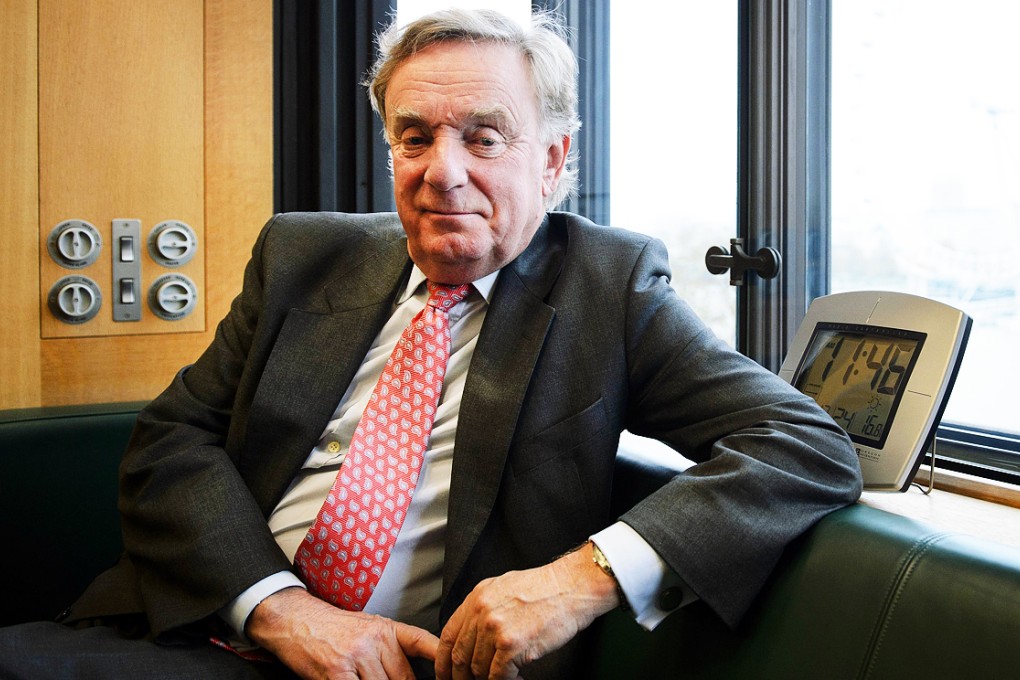UK lawmakers push London to get tough with China over Hong Kong autonomy
London should step up pressure on Beijing and take a tougher stance in defence of Hong Kong autonomy, a group of British lawmakers studying the city’s affairs concluded in a report published on Friday.

London should step up pressure on Beijing and take a tougher stance in defence of Hong Kong autonomy, a group of British lawmakers studying the city’s affairs concluded in a report published on Friday morning.
The House of Commons Foreign Affairs Committee, which launched the inquiry to howls of protest from Beijing last year, also acknowledges that Hongkongers’ calls for greater democracy are “more than an abstract concern”.
And it rejects the idea that Beijing’s framework for the 2017 chief executive poll – under which the public could from choose two or three candidates picked by a nominating committee – would in “any meaningful sense” offer “genuine choice” to voters.
The findings come after months of controversy over the inquiry, including a diplomatic spat between Beijing and London over whether the lawmakers would be allowed to visit Hong Kong; they ultimately stayed away.
The committee reiterates that Britain, as a co-signatory of the 1984 Sino-British Joint Declaration, “has both a moral responsibility and a legal right to monitor China’s fulfilment of its obligations to Hong Kong” – a position Beijing repeatedly disputed. In December, Hong Kong constitutional affairs minister Raymond Tam Chi-yuen also said that Britain had “no moral duty” to Hong Kong after 1997.
But the committee said Britain’s Foreign Office should make Britain’s responsibility to its former colony clear to Beijing and Hong Kong “at every level”. Britain’s prime minister should “emphasis both publicly and privately…that the UK is committed to this position” during the expected state visit by President Xi Jinping this year.